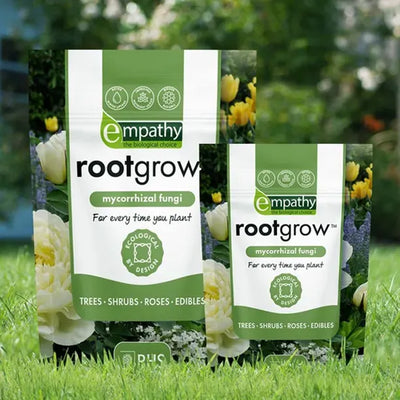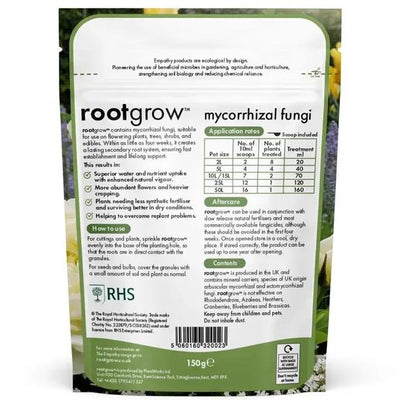Dog Rose Hedge Plants
Dog Rose is the cheapest and most commonly used native wild rose for use in prickly, secure country hedging. It's an incredibly hardy, fast-growing and versatile plant that will grow pretty much anywhere except on the very wettest sites. It carries clusters of single, scented pale pink flowers in early summer that bees love, and small red hips in autumn that attract birds.
Standing alone, they'll grow to 1.5 metres, but when they're pushed up against other plants in a mixed hedge, they can reach over 3 metres.
View our selection of roses for hedging or see our range of thorny hedging plants.
Rosa canina hedge plants are only delivered bareroot, during winter (Nov-March).
All our hedge plants are measured by their height in centimetres above the ground (the roots aren't measured).
Features
- Native. Very prickly.
- Any soil except waterlogged.
- Tolerates shade well.
- Height: To 1.5m by itself, or over 3m in a mixed hedge.
- Pale pink, scented flowers.
- Red rose hips in autumn.
- Great for bees & other insects.
- Bareroot Delivery Only Nov-March
Growing Dog Rose
As a hedge plant, it'll grow anywhere with a bit of sun and soil that isn't waterlogged. If you are growing it as a shrub, it likes full sun to flower and fruit really well.
Spacing a Dog Rose hedge:
Standard country hedging: plant at 3 per metre, 33cm apart in a single row, or 6 per metre in a staggered double row, which has a W shape viewed top-down.
You can grow it as a climber/rambler over a fence, wall, or up a tree.
Garden Design Ideas
It's a very common component of mixed country hedging. It'll make a decent enough, shaggy country hedge by itself, but it needs something like Hawthorn or Blackthorn to give it more structure.
Wild roses aren't often used as specimen shrubs, probably because there are so many amazing ornamental roses to choose from, but if your priority is helping wildlife, then they're the best choice by far.
History & Trivia
Other common names include dog, hep or bird briar, cankerberry, and cat whin.
When you see roses in medieval era heraldry, they're usually based on this one.
The oldest known specimen is the Tausendjähriger Rosenstock, the Thousand-years rosebush, growing up the side of Hildesheim Cathedral in Germany. It's about 9 metres tall and survived the carpet bombing by Allied forces that destroyed the cathedral itself in 1945, regrowing from the roots well before the cathedral was rebuilt.
It's on the RHS list of plants for pollinators.

 Secure, One-Tap Checkout
Secure, One-Tap Checkout
 Hand Picked, Delivered to Your Door!
Hand Picked, Delivered to Your Door! 1 Year Bareroot Guarantee
1 Year Bareroot Guarantee











